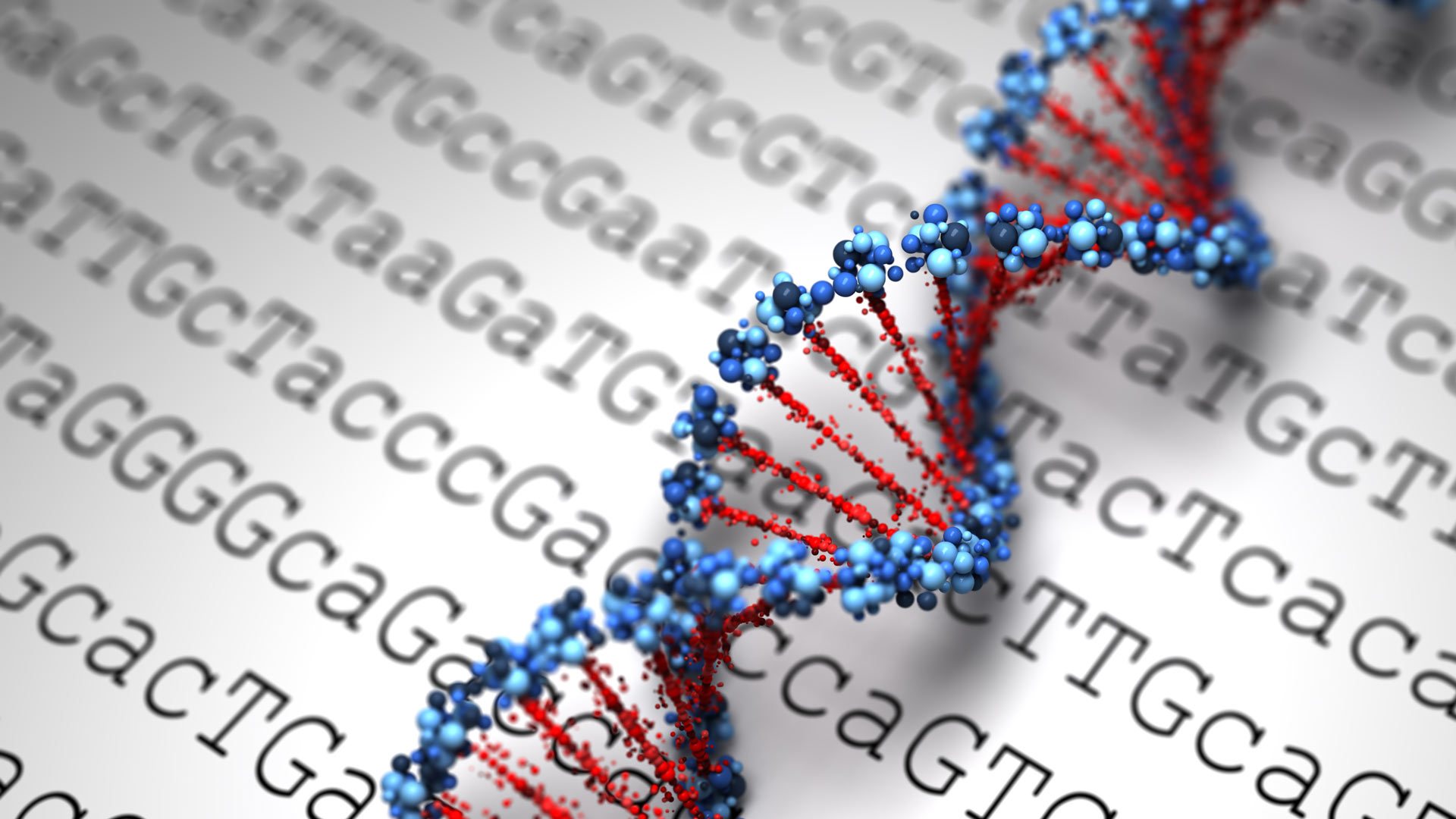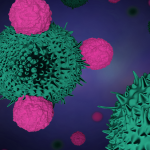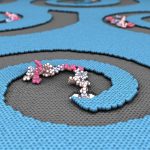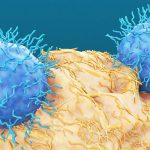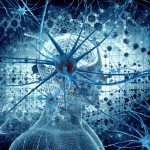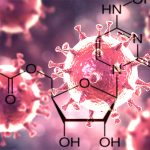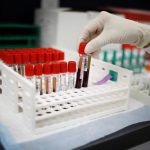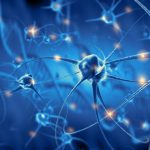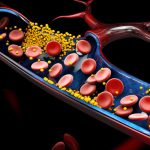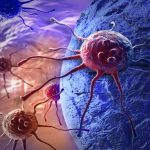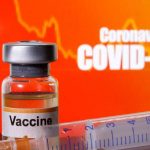There could be no two opinions about the fact that the Gene Therapy Innovations will lead the way forward in the global Healthcare revolution. While there is so much research that is underway at this point in time, it will be exciting to know what future holds for this segment. It will also be of great academic importance to understand the core healthcare segments that will benefit. Neurological disorders compose a very promising segment that can benefit from Gene Therapies. It is also natural for the focus to be on cancer care management and related niche segments known to be high on demand. This comes in the backdrop of desperate research attempts being made for decades to achieve breakthrough therapeutic solutions. Many of them are successful in extending survival and improving quality of life.
Gene Therapies can expand the scope even more.
Manufacturing of Viral Vectors for Gene Therapies
Viral Vectors are the key to Gene Therapies as they are used as carriers to deliver genetic material to the targeted cells. These cells with faulty or defunct genetic material or genes may be replaced with desirable genetic material. This is the core process which also determines the success of genetic therapies that are being studied. Given this Bio-processing technique, it is vital for the Gene Therapy companies to have reliable Viral Vectors in adequate numbers. This explains the growing trend and demand for Viral Vectors Manufacturing. As per the Market Industry Reports, some of the leading companies in this segment include Spark Therapeutics, Brammer Bio, Merck KGaA, Lonza, Creative Biogene, Thermo Fisher Scientific and uniQure. Other reports consider Autolus, Akouos and Encoded Therapeutics among the promising companies in this segment.
Receptor-ligand supplementation and Gene Therapies
A recent article published in ScienceMag highlights the role of Receptor-ligand supplementation via a self-cleaving 2A peptide–based gene therapy. It explores how such a ligand supplementation would result in promoting CNS axonal transport with functional recovery. The revolutionary approach of gene replacement as the ultimate solution to treating disorders caused by faulty genes can be fulfilled through the receptor-ligand supplementation. This also addresses the previously known limitation of gene therapies when it comes to treating complex polygenic conditions. Effective treatment of several neurological disorders can be explored with this approach.
Neurodegenerative disorders and damage repair with Gene Therapies
Alzheimer’s, Parkinson’s and Huntington’s diseases are among the well known Neurodegenerative disorders. The damage repair solutions through Gene Therapies are being closely studied in the recent times. Many research outcomes indicate positive outcomes in these challenging segments. There are around twenty ongoing clinical trials in the area of Neurodegenerative disorders that can be treated by better gene therapy delivery systems. Adeno-associated viruses are commonly used as vectors when it comes to targeted treatment of Neurodegenerative disorders. Directing transgenes for gene editing is the significant aspect of treatment planning as noted through several research outcomes. Exploring the role of non-viral vectors is also significant. They can help in overcoming the limitation of the viral vectors.
